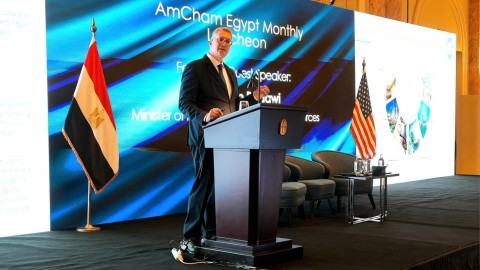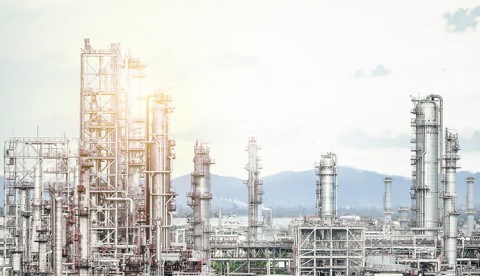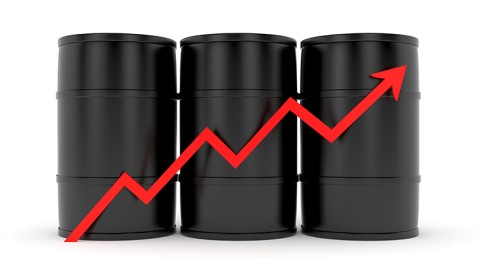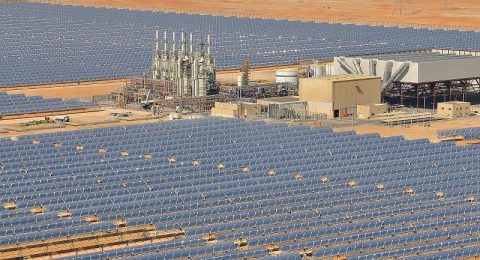Prime Minister Mostafa Madbouly held a meeting at the government headquarters in the New Administrative Capital, to follow up on the executive status and steps for launching the initiative to convert cars to operate on compressed natural gas (CNG).
The meeting was attended by Minister of Petroleum and Mineral Resources, Karim Badawi, and Minister of Finance, Ahmed Kouchouk.
At the beginning of the meeting, Madbouly indicated that today’s meeting comes within the framework of the periodic meetings and gatherings held to follow up on the steps and procedures for launching the new initiative to convert cars to operate on natural gas, which is scheduled to be launched at the beginning of the new year.
Madbouly highlighted the coordination and cooperation taking place between the Ministries of Finance and Petroleum regarding the launch of this initiative and the start of its implementation.
In the same context, the Prime Minister highlighted the important role of this initiative in reducing polluting carbon emissions and achieving savings for citizens.
During the meeting, Badawi indicated that there is a joint working group comprising representatives from the Ministries of Finance and Petroleum, which has prepared the new initiative to convert cars to operate on natural gas.
Badawi stated that preparations are underway to launch this initiative at the beginning of the new year, and that an awareness campaign has been prepared for citizens about the returns and benefits they will enjoy if they participate in the initiative and convert their car to run on natural gas.
It was noted that converting diesel-powered cars to operate on natural gas saves 50% of current diesel consumption, and the consumption of compressed natural gas for converted cars results in savings in the value of support provided for petroleum products.
During the meeting, Kouchouk stated that the new initiative would contribute to supporting the availability of an economical alternative fuel to gasoline and diesel, in addition to the initiative’s role in reducing carbon emissions and improving air pollution rates by reducing emissions by 1.5 million tons of carbon dioxide annually.









